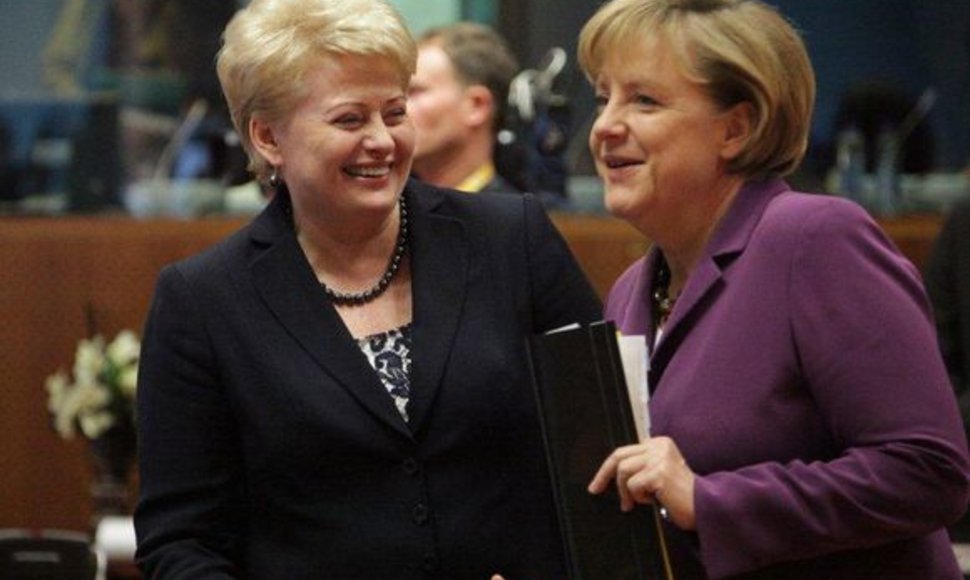"The EU no longer ensures timely response to global financial challenges and is late in making the necessary decisions to cope with the downturn. It is time for Europe to decide whether it wants to deepen EU's economic and political integration or jeopardize the future of the euro zone. Delays in the necessary decisions could lead to severe economic consequences for all EU member-states," Grybauskaitė said in a press release circulated by her press service on Thursday.
In her words, the EU should continue to follow strict financial discipline, live within its means, and make use of all possible instruments to promote economic growth.
The two-day meeting should discuss ideas on closer integration, with more powers for joint institutions to monitor national budgets and banking systems, as well as way so stimulating economic development.
However, EU markets did not expect major changes from the summit, as disagreements on joint euro zone bonds opposed by Germany remained on the eve of the meeting. Germany has so far refused to take on even bigger risks of weaker countries whose efforts to manage their public finances do not always seem persuasive.
This will be the 20th meeting of the European Council focusing on the euro zone crisis, which started in Greece in early 2010. Anxiety was lately escalated by calls for financial assistance from Spain and Cyprus.
Diplomats say the discussions on coping with the crisis have split the EU into two camps – indebted countries in the South want more spending to stimulate economies, while Germany and Northern countries including Lithuania emphasize the need for fiscal discipline, saying that growth at the expense of debt is unacceptable.
A separate pact should be approved in connection to economic stimulation, which, in diplomats' words, includes capital increase of the European Investment Bank as the only new measure. Stimulation of economic development was included into EU agenda at the request of France's new President Francois Hollande.
The summit will also kick off discussions on the report of heads of EU institutions, which call for more powers for central agencies in connection to national budgets in the euro zone and bank monitoring, deposit insurance system in all of the EU. Nevertheless, specific decisions are unlikely until December.
The European Council will also approve recommendations for all member-states. Lithuania is urged to continue cutting budget deficit and liberalize its labor market to encourage employment.
2012 06 28
Lithuanian President goes to EU summit to discuss euro crisis
Lithuania's President Dalia Grybauskaitė is leaving on Thursday for the European Union's (EU) summit in Brussels where heads of states and governments will discuss measures against the euro crisis.
Report mistake
Successfully sent
Thank you












